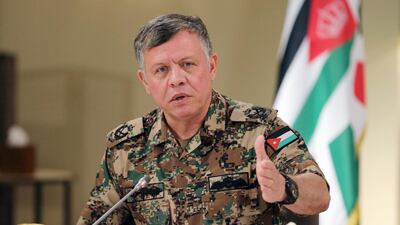Jordan’s King Abdullah ordered on Tuesday the lowering of drug prices, in the latest attempt by the authorities to address discontent about high living costs and perceived government mismanagement that had sparked street protests earlier this year.
“The state of medicine prices is not right. This flaw needs to be immediately addressed,” the king was quoted as saying by the official news agency Petra.
The Pharmacists Union in Jordan sets the prices of drugs in conjunction with the government but the regulations covering medicine and healthcare became increasingly nominal as corruption spiralled. Drugs are made locally or imported with manufacturers and distributors constituting some of the wealthiest families in the country.
Jordan’s economy has long suffered structural flows centring on a huge public sector with salaries consuming most of the budget and leaving little for anything else. Inflation hovered at four per cent last year. Unemployment stands at 19 per cent.
The kingdom is one of the largest recipients of US aid. Public debt rates are high but this did not prevent the government from announcing in May a new programme of cash assistance for at least 25,000 families.
Sporadic street demonstrations demanding improvements in living standards, political inclusion and curbs to corruption had broken out in the last eight years since the Arab uprisings.
King Abdullah contained potential upheaval through government changes and promises of reform, while allowing the security apparatus to firm its grip on the country.

